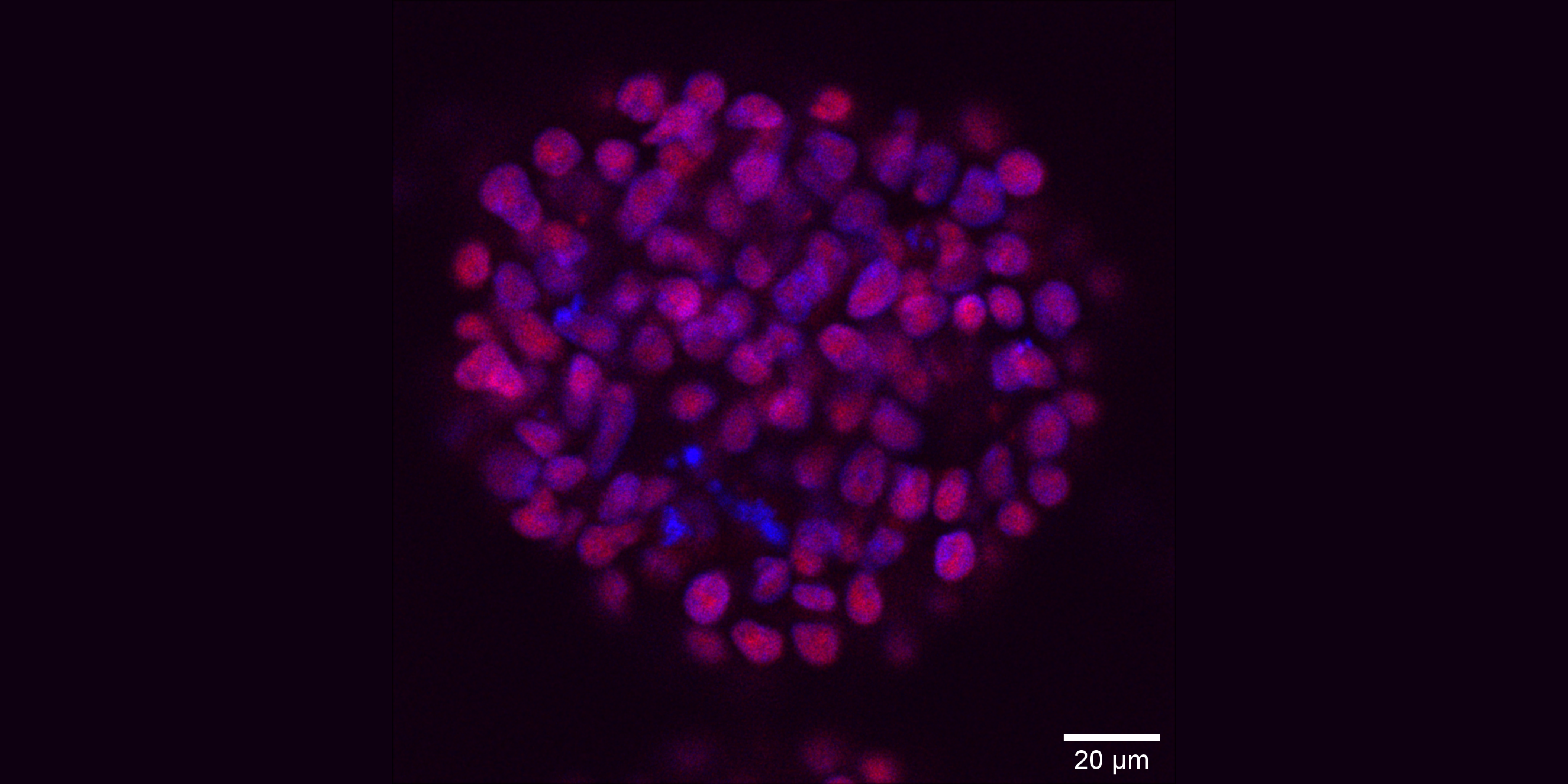
Resilience is the capacity to recover from disturbances and function in the face of difficulties. It’s been key for all people who have ever lived – from our ancestors on the African savannah to ourselves and everyone we know in the modern world.
Resilience is especially important for recuperating from life-altering events, which is why for Israelis – including most employees at Aleph Farms – it has perhaps never been more important than it is right now. As we cope with adversity in the wake of October 7th, a date now defined by the largest terror attack our country has ever experienced, we need to tap into our resilience.
This resilience can be found on both sides of the nature-nurture balance. While we derive some of it from our history and experiences, another portion is innate. Across all of biology, natural selection drives adaptation, making survival and reproduction functions of resilience. Consequently, resilience has been built into the rules of life for billions of years on planet Earth, which means all of us carry a capacity to be resilient – deep within us.
This common capacity for resilience exists at all levels of biology, down to the individual cells that constitute multicellular organisms. At the cellular level, resilience entails maintaining and restoring equilibrium (homeostasis) during stressful circumstances. Part of what enables a cell to endure environmental fluctuations are epigenetic modifications, which function as a sort of ‘memory,’ recording stress experienced by the cell.
Stem cells in particular possess exceptional mechanisms for combating stress. This is no coincidence – these cells are the foundational source of all cells in developing organisms, so it’s essential that they are equipped to eliminate potential damage and maintain perpetual self-renewal. Analogous to how we draw strength from our loved ones and communities, stem cells bolster each other’s growth by secreting molecules that influence neighboring cells, maintaining their close proximity and forming dense cell clusters.
Of course, even with resilience, all of us – people and cells alike – need guidance and support. Scientists forge unique relationships with stem cells when cultivating them in culture (that is, outside of an organism). Such support is rewarded: when provided with meticulous daily care, these cells commit themselves to scientists’ guidance, following various developmental pathways. This enables them to do all sorts of amazing things. In healthcare, these cells help replace damaged organs and play crucial roles in drug development and disease research. In cellular agriculture, they are oriented to become the kinds of cells that constitute meat.
In life, we are bound to face circumstances that shake us to our core. Demonstrating resilience in the face of adversity can feel daunting, but billions of years of evolution have paved the way for all of us – from individual cells to the person you see when you look in the mirror – to press forward. When it comes to navigating stress, all of us require adaptation and support. If we invest in augmenting our inner strength and support networks, we can achieve mental, physical and emotional resilience.
